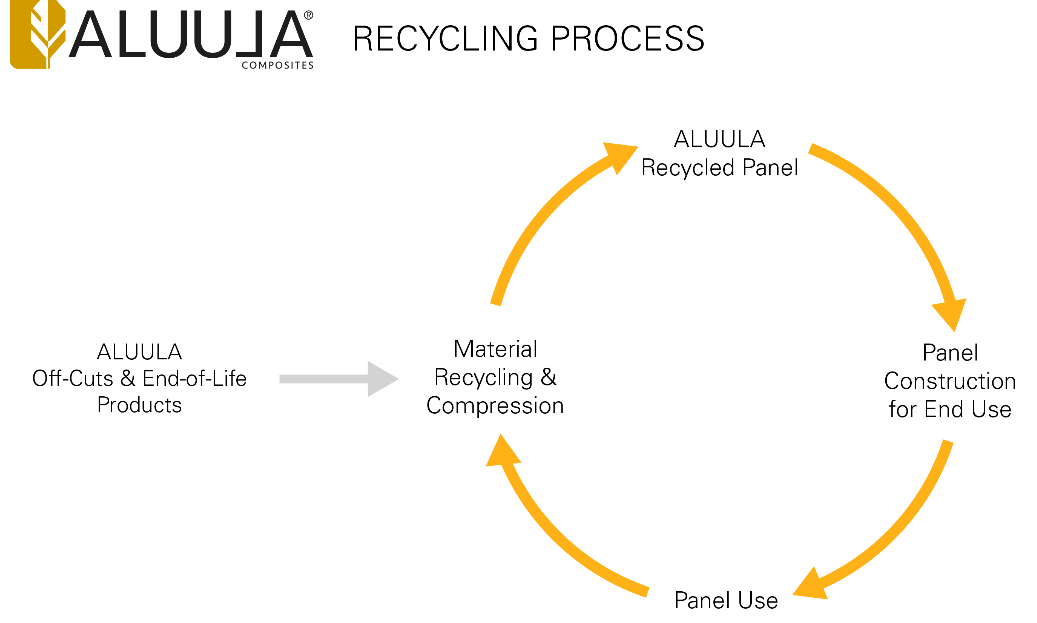ALUULA Composites an advanced materials technology firm is pleased to report that it is collaborating with the University of British Columbia (UBC) to develop world-first recycling applications for ALUULA’s high-performance, UHMWPE based composite materials.

Image Credit: ALUULA
Traditionally, composite materials are made by gluing together different core layers and outer films to create fabrics for use in a wide range of product applications. Using a patented fusion process, ALUULA Composites has developed a unique way to fuse high tech fibers and technical films together without the use of glues. This fusion process is not only creating extremely light, strong, and durable fabrics, but materials that are recycle ready.
“ALUULA has proven that sustainability and astounding performance can coexist without compromise. We look forward to leading the composite industry towards a more sustainable future.” Said ALUULA Composites COO, John Zimmerman.
An initial project with the Composites Research Network at UBC Vancouver established the ability to compress ALUULA material off-cuts and end-of-life products into uniform, lightweight and ultra-durable panels. What makes these panels so unique is that throughout the recycling process, the specialized UHMWPE fibres of the original ALUULA materials are kept intact. This results in extraordinary, fibre reinforced composite panels that are 10x stronger than those molded from virgin UHMWPE. From backpack back panels to low friction wear plates, the applications of these panels are suited to many tasks where strength, weight, abrasion resistance, and low friction are desirable.
Together with UBC Manufacturing Engineering (MANU) students, ALUULA is developing and refining applications for these panels that not only exploit the inherent light and strong material properties, but result in an end product that can be recycled again and again; lengthening the materials’ lifespan for years to come.
“Working with UBC students on applications for these ultra-strong and ultra-durable products is proving to be invaluable as we refine our processes to ensure the recyclability of ALUULA materials.” said ALUULA Composites Material Scientist, Sam White.